Election interference is one of the last five years’ most widely discussed international phenomena. Russian covert interference in the 2016 U.S. Presidential Election made the topic a national priority, but that experience was far from isolated. Evidence of election interference by foreign states or their proxies has become a regular feature of national elections and is likely to worsen soon. Information and communication technologies afford those who would interfere with new tools that can operate in ways previously unimaginable: Twitter bots, Facebook advertisements, closed social media platforms, algorithms that prioritize extreme views, disinformation, misinformation, and malware that steals secret campaign communications.
Defending Democracies: Combating Foreign Election Interference in a Digital Age (PDF) examines the problem through an interdisciplinary lens and focuses on: (i) defining the problem of foreign election interference, (ii) exploring the solutions that international law might bring to bear, and (iii) considering alternative regulatory frameworks for understanding and addressing the problem. The result is a profoundly urgent examination of an old problem on social media steroids, one that implicates the most central institution of liberal democracy: elections.
The volume seeks to bring domestic and international perspectives on elections and election law into conversation with other disciplinary frameworks, escaping the typical biases of lawyers who prefer international legal solutions for international relations issues. The chapters in this volume represent a more faithful representation of the broad array of solutions that might be deployed, including international and domestic, legal and extra-legal, ambitious and cautious.
978-0197556979, 978-0197556993, 978-0197556986
NOTE: This product only includes Defending Democracies: Combating Foreign Election Interference in a Digital Age in PDF. No access codes come with the sale.

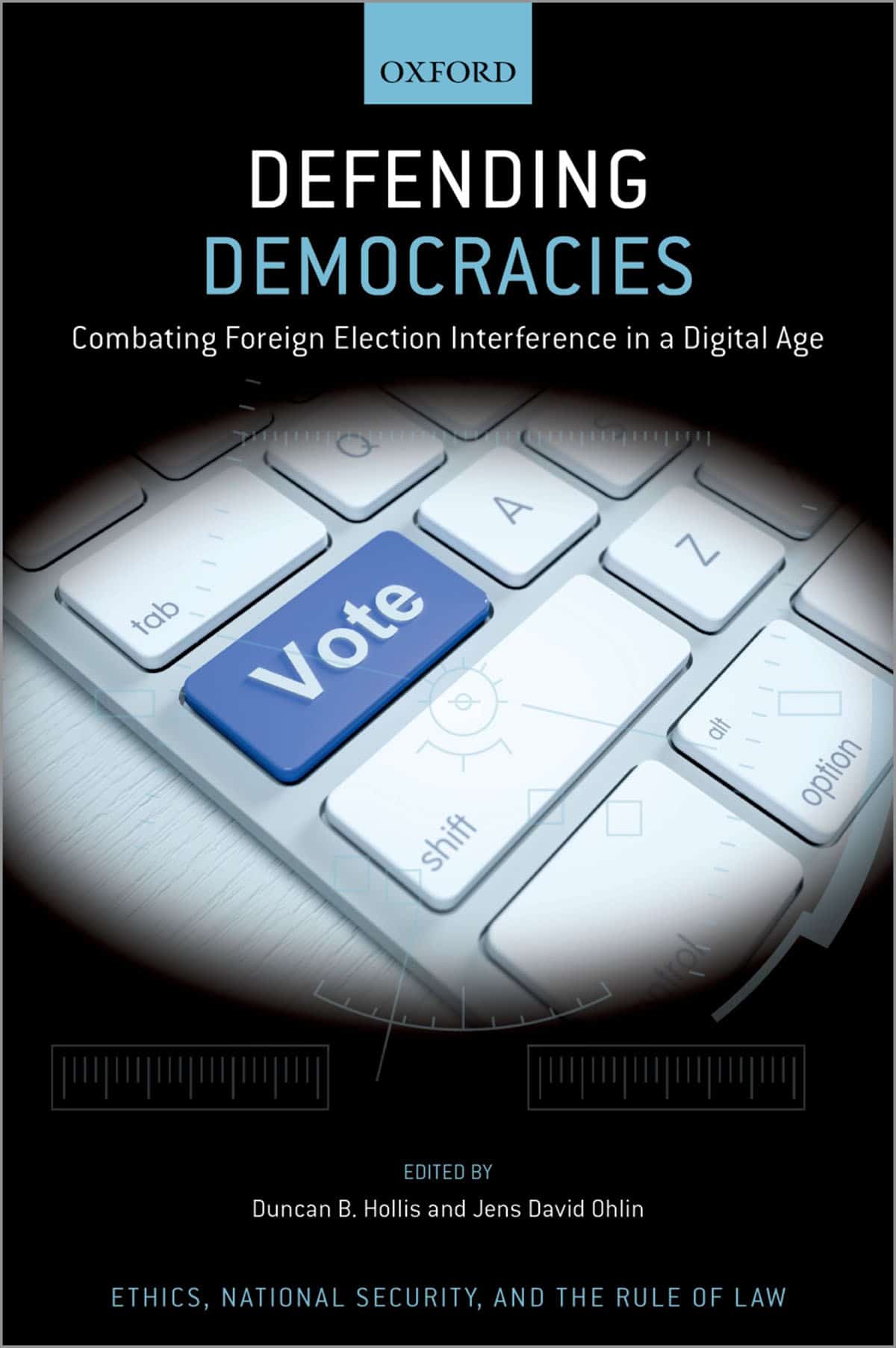

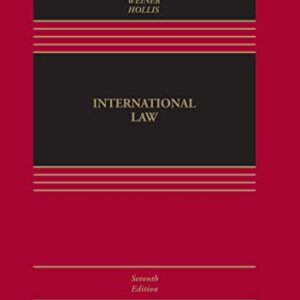
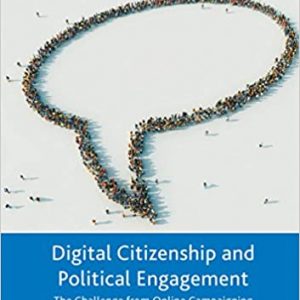
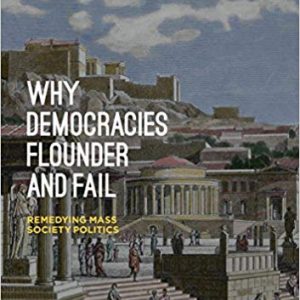
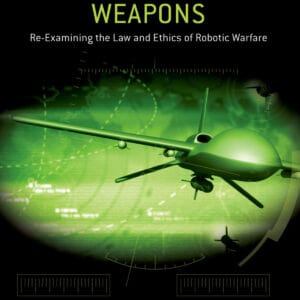
Reviews
There are no reviews yet.